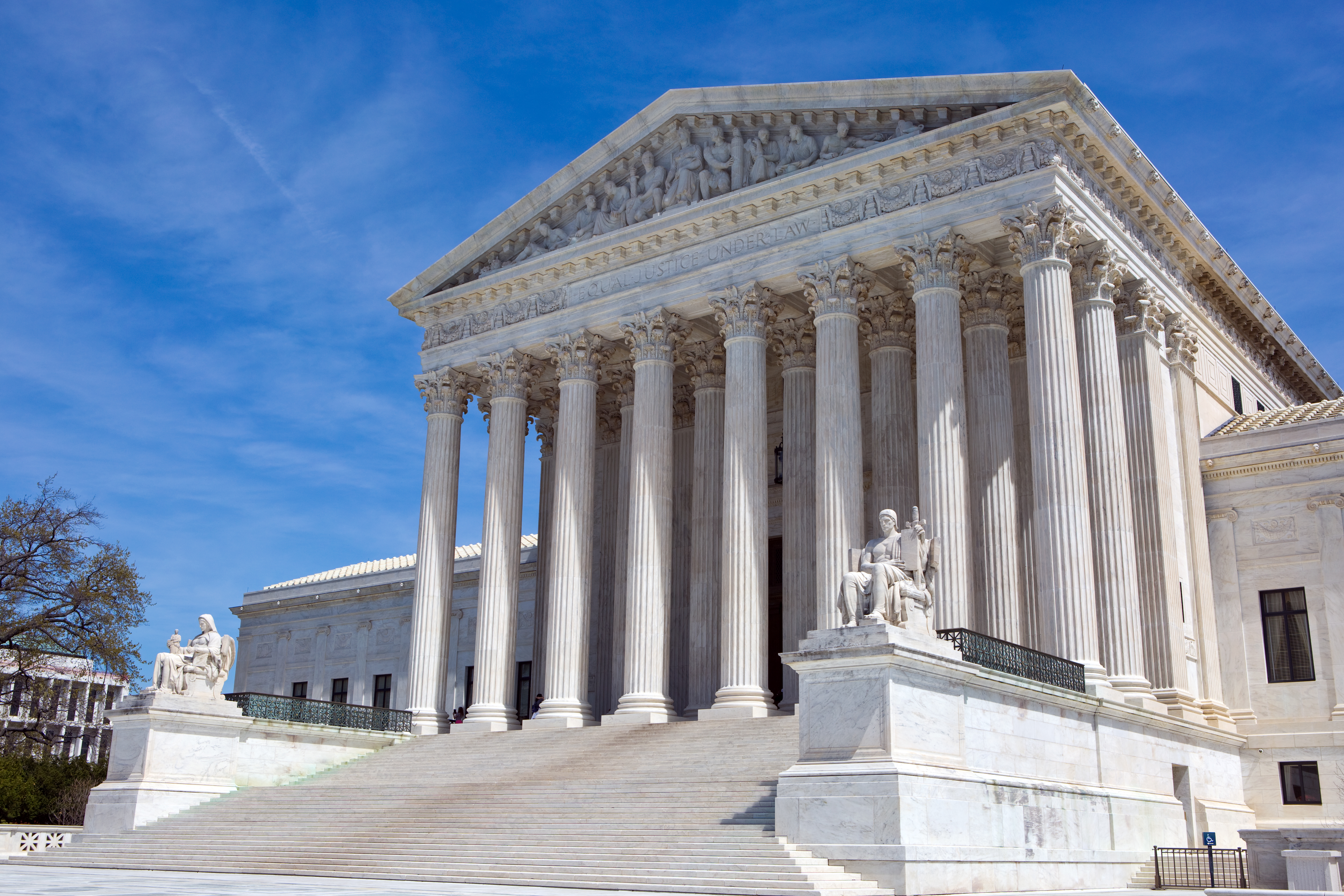If You Didn’t Report, You Can’t Retort: Supreme Court Limits Dodd-Frank Remedy to External Whistleblowers

Tell the Securities and Exchange Commission (SEC). That’s the message the United States Supreme Court sent to whistleblowers with its decision yesterday in Digital Realty Trust, Inc. v. Somers.
As we previously covered here, the Digital Realty case involved a key issue under the Dodd-Frank Act’s anti-retaliation provision: does the provision apply to a whistleblower who reported internally, but did not provide information to the SEC?
Interpreting the language of the statute, a unanimous Court said that it does not. Dodd-Frank defined a “whistleblower” as someone who reports to the SEC, and stated that the definition should apply throughout the section. The anti-retaliation provision, which is part of that same section, only allows a “whistleblower” to bring a retaliation claim.
Further, said the Court, “Dodd-Frank’s purpose and design” support this limitation. The whole point of Dodd-Frank’s whistleblower program, which offers monetary rewards to whistleblowers who supply information to the SEC, is to motivate people to tell the SEC about misconduct.
At the time Dodd-Frank was passed in 2010, the Sarbanes-Oxley Act already provided a claim to whistleblowers who were retaliated against for reporting violations of the securities laws. But that protection is less favorable than Dodd-Frank’s—it “contains an administrative-exhaustion requirement, a 180-day administrative complaint-filing deadline, and a remedial scheme limited to actual damages.” By contrast, Dodd-Frank allows “immediate access to federal court, a generous statute of limitations (at least six years), and the opportunity to recover double backpay.” According to the Court, whistleblowers cannot gain this heightened protection unless they report—and that’s how Congress wanted it.
The Court also cautioned against over-reading Dodd-Frank to provide protection for reporting violations “bearing no relationship whatever to the securities laws.” While the statute could be read to shield anyone who provides information about any federal crime, the Court said this would make “scant sense” in the context of an “FBI drug-trafficking informant,” given that Dodd-Frank is “concerned only with encouraging the reporting of ‘securities law violations.’”
The Court’s decision may well have an impact on whistleblowers who detect securities fraud at their companies. It provides an even stronger incentive for those individuals to report wrongdoing not only internally, but externally to the SEC as well. After Digital Realty, reporting to the SEC won’t just bring the potential for a major award; it’s also the only way for the whistleblower to use the more powerful Dodd-Frank remedy if the employer retaliates.
Information provided on InsightZS should not be considered legal advice and expressed views are those of the authors alone. Readers should seek specific legal guidance before acting in any particular circumstance.
As the regulatory and business environments in which our clients operate grow increasingly complex, we identify and offer perspectives on significant legal developments affecting businesses, organizations, and individuals. Each post aims to address timely issues and trends by evaluating impactful decisions, sharing observations of key enforcement changes, or distilling best practices drawn from experience. InsightZS also features personal interest pieces about the impact of our legal work in our communities and about associate life at Zuckerman Spaeder.
Information provided on InsightZS should not be considered legal advice and expressed views are those of the authors alone. Readers should seek specific legal guidance before acting in any particular circumstance.




